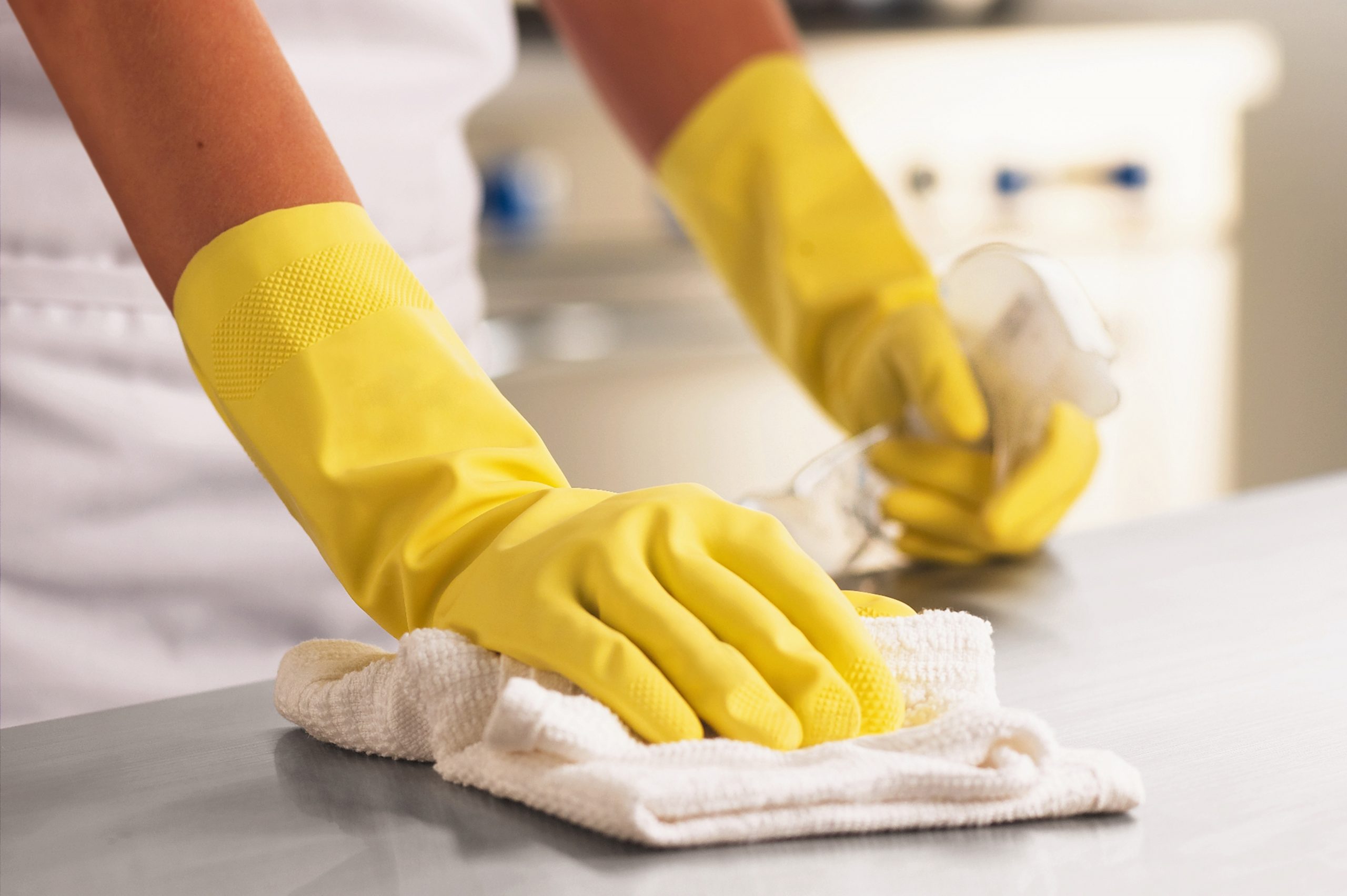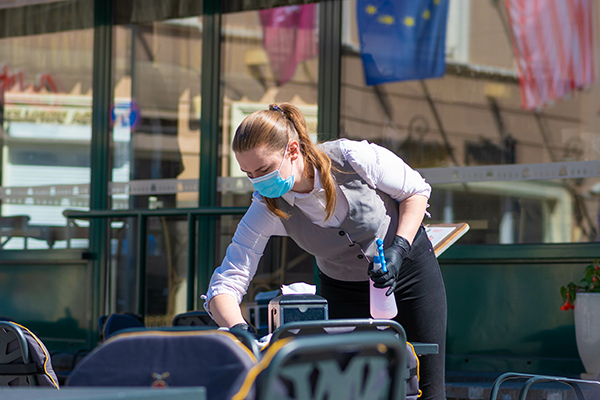Salmonella and Listeria monocytogenes: Serious Threats to the Safety of Food
Earlier in the month, I mentioned the top microbial enemies we all face in foodservice operations, E. coli, Campylobacter, Salmonella, and Listeria monocytogenes. While we discussed E. coli and Campylobacter, we did not get around to discussing Salmonella or Listeria monocytogenes.
Food is the source for most Salmonella outbreaks in the United States, which causes about 1.35 million infections each year. The illness that results from Salmonella is called salmonellosis, and it can be serious. Most individuals who contract salmonellosis will recover within a week, yet, it accounts for almost one-third of all food-related deaths in the United States. Salmonellosis infections result in 26,500 hospitalizations and 420 deaths each year.
It is hard to trace outbreaks to any one source. Recent outbreaks have been linked to cashew brie (yes, there is such a thing as cashew brie, I thought it was a typo, so I looked it up!), ground turkey, mushrooms, peaches, and onions, which shows the wide variety of products that could be impacted by Salmonella.
Listeria monocytogenes is the bacterium that causes listeriosis, which sickens an estimated 1,600 people each year, resulting in approximately 260 deaths yearly in the United States. Listeriosis is more likely to impact pregnant women, newborns, older adults, and those with weakened immune systems.
Most individuals who contract salmonellosis will recover within a week, yet, it accounts for almost a third of all food-related deaths in the United States.
Sources of listeriosis outbreaks over the last few years have been related to deli meats and cheeses (3 of the 5 reported outbreaks from known sources), mushrooms (1 of the 5 reported outbreaks), and hard-boiled eggs (1 of the 5 reported outbreaks). The implication of deli meats and cheeses in listeriosis outbreaks is the reason women are encouraged to forgo consuming these items during pregnancy.
To mitigate the likelihood of a salmonellosis or a listeriosis infection, wash your hands and thoroughly wash and sanitize cutting boards and other food contact surfaces, especially those that have come into contact with raw meat or poultry. Be sure to thoroughly wash fresh fruits and vegetables before consuming, cook foods to the proper temperatures, and refrigerate leftovers and other perishable items as quickly as possible. Last, but not least, refrain from eating or drinking foods containing raw eggs or unpasteurized milk. And yes, this does include raw cookie dough that contains raw eggs.
If you have more questions about the microbiology of food safety, be sure to join us in just a few days for our next SafeBites Webinar! Dr. Sara Gragg, an associate professor of animal sciences and industry at Kansas State University will present “The Science Behind the Temperature Danger Zone and Limiting Bacterial Growth.” Be sure to sign-up and join us. Risk Nothing.










